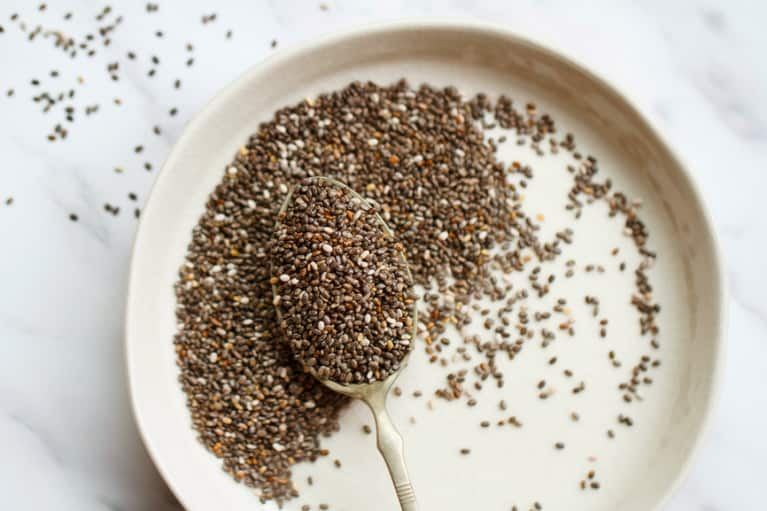After 40 plus years of choosing a plant-based diet and over 31 years of advising patients to do the same, I still get concerned when I see vegans eating a poor diet, as there are a variety of foods that carry the vegan label but are unlikely to promote health. For example, Taco Bell, Subway, Burger King, and White Castle are promoting plant-based options. And while these meals may work in a pinch, the mainstay of a health-promoting eating pattern needs to be whole foods with single ingredients, focusing on nonprocessed staples like fruits, vegetables, legumes, whole grains, nuts, and seeds.
Beyond highly processed junk food, another trap some vegans fall into is ignoring the need to supplement intelligently. This is not a limitation of the vegan diet but represents the state of the world with depleted soil and indoor lifestyles resulting in uniformly low vitamin intake. Most of the adults I seen in the clinic, whether their diet is vegan or otherwise, lack important nutrients that show up on the advanced testing I perform. The following list is what I add to my plant-based diet to maximize results (hint: The first three are the most important).








